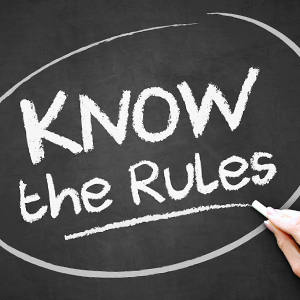Marci Kinter is Vice President, Government and Regulatory Affairs at PRINTING United Alliance, the largest, most comprehensive member-based printing and graphic arts association in the United States.
In this article, Kinter provides a snapshot of the current status of state unemployment and sick leave policies as they relate to COVID-19 issues. For more information or specific questions about this information, Kinter can be reached at: mkinter@printing.org.
To learn more about exclusive access that PRINTING United Alliance members have to information such as this, and preeminent education, training, workshops, events, research, governmental and legislative representation, safety and environmental sustainability guidance, and resources from the leading media company in the industry – NAPCO Media; please contact the PRINTING United Alliance membership team at: 888-385-3588 or via email at membership@printing.org
Updated: February 5, 2021
The information contained in this article is only informational and is not to be construed as professional advice, which is only available after individual consultation with a professional.
This information is derived from trusted sources and is believed to be the most accurate information at the time of publication. Due to the constant development of knowledge and information related to these issues, the information in this article may become inaccurate or obsolete.

Marcia Kinter is the Vice President, Government & Regulatory Affairs at PRINTING United Alliance. Ms. Kinter oversees the development of resources for the Association addressing environmental, safety & health, and sustainability issues. She represents the printing industry, as well as their associated supplier base, before federal and state regulatory agencies on environmental, safety and other government issues directly impacting the printing industry.
In 2008, Kinter, in conjunction with colleagues from other printing trade associations, was instrumental in launching the Sustainable Green Printing Partnership program. The SGP Program is a registry system for printing facilities that includes third party verification. The program successfully launched as an independent organization in August 2008.
Kinter is a member of and serves as Secretary for the Academy of Screen Printing Technology. In 2001, Kinter received the William D. Schaeffer Environmental Award for significant advancement of environmental awareness in the graphic arts industry.
Before joining PRINTING United Alliance, Kinter worked for The American Waterways Operators, Inc., the national association for the barge and towing industry.
She holds bachelor’s degree in urban planning from the University of Maryland, College Park, and a master’s degree in public administration from George Mason University.











